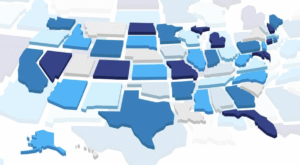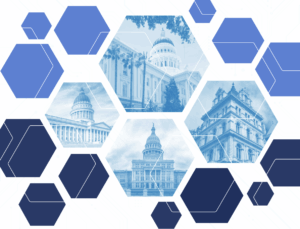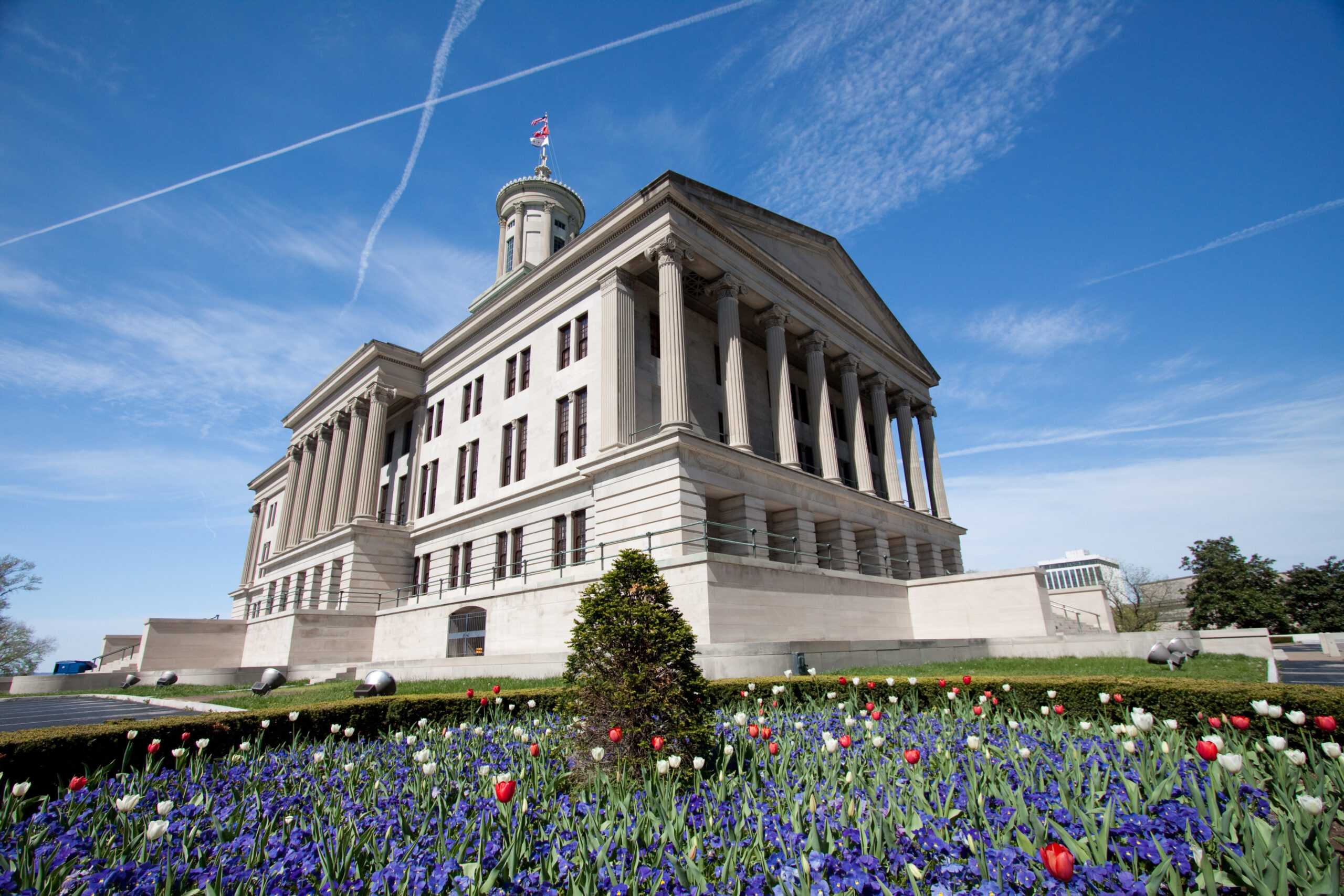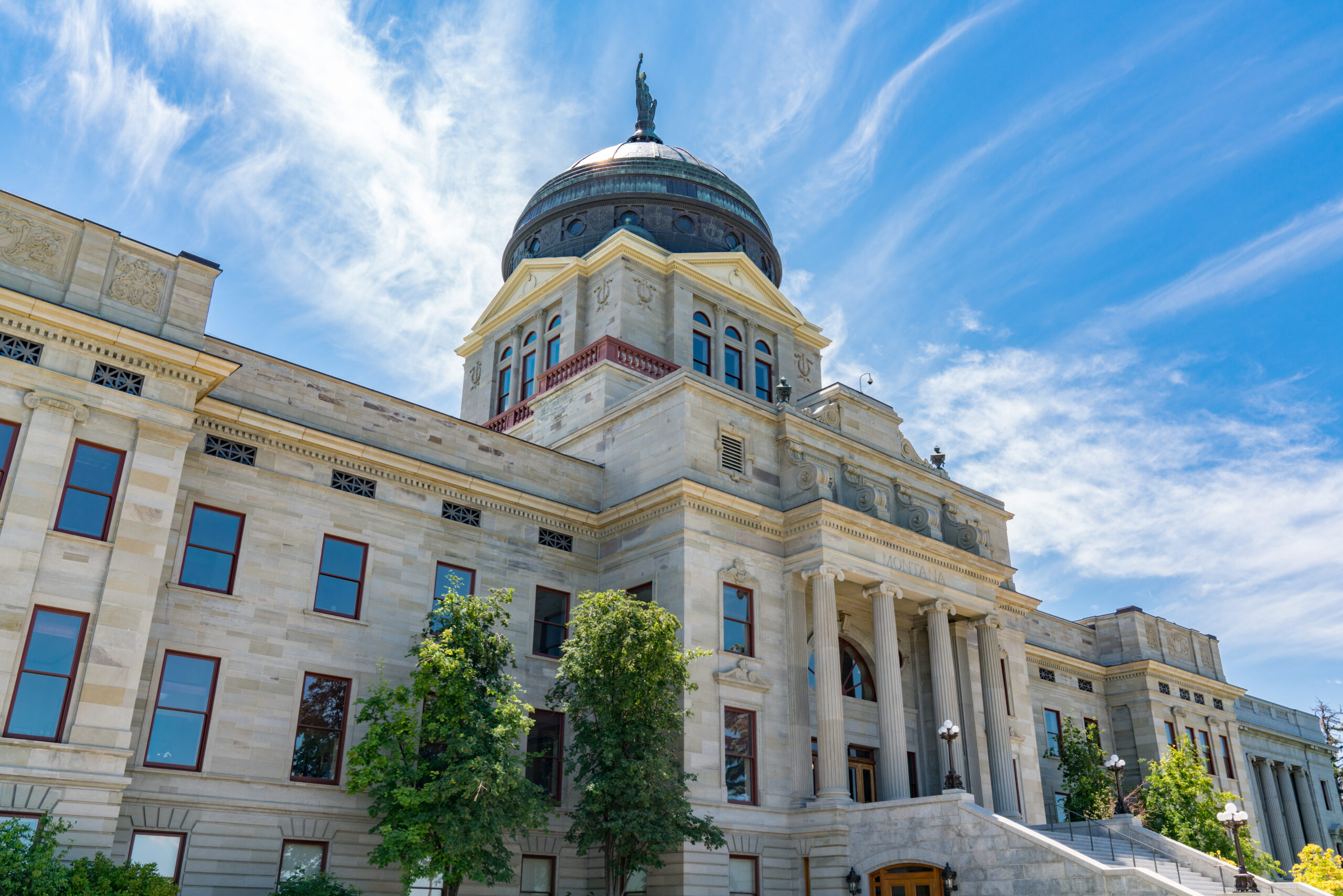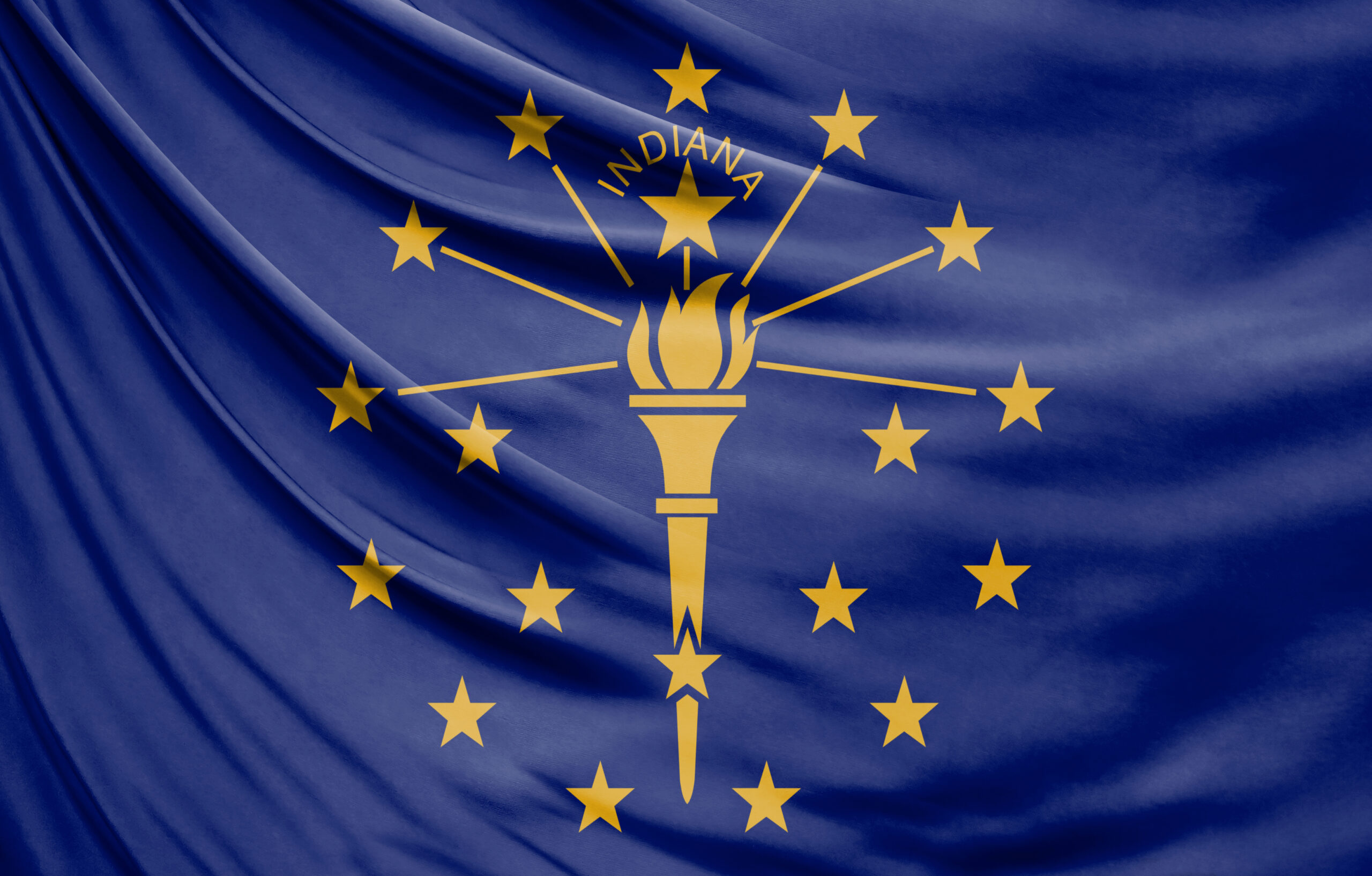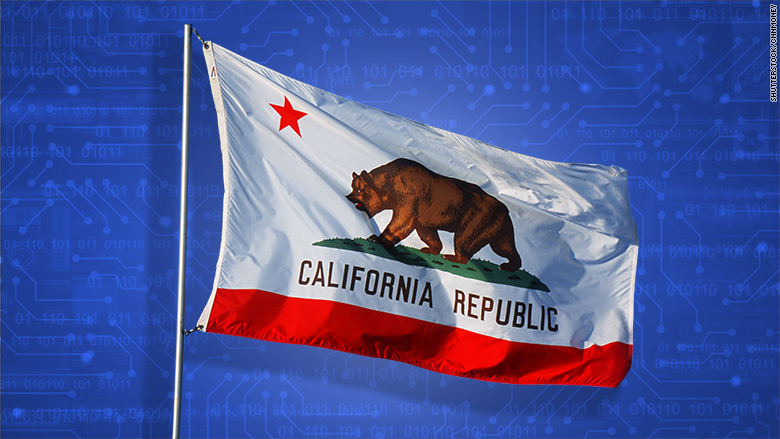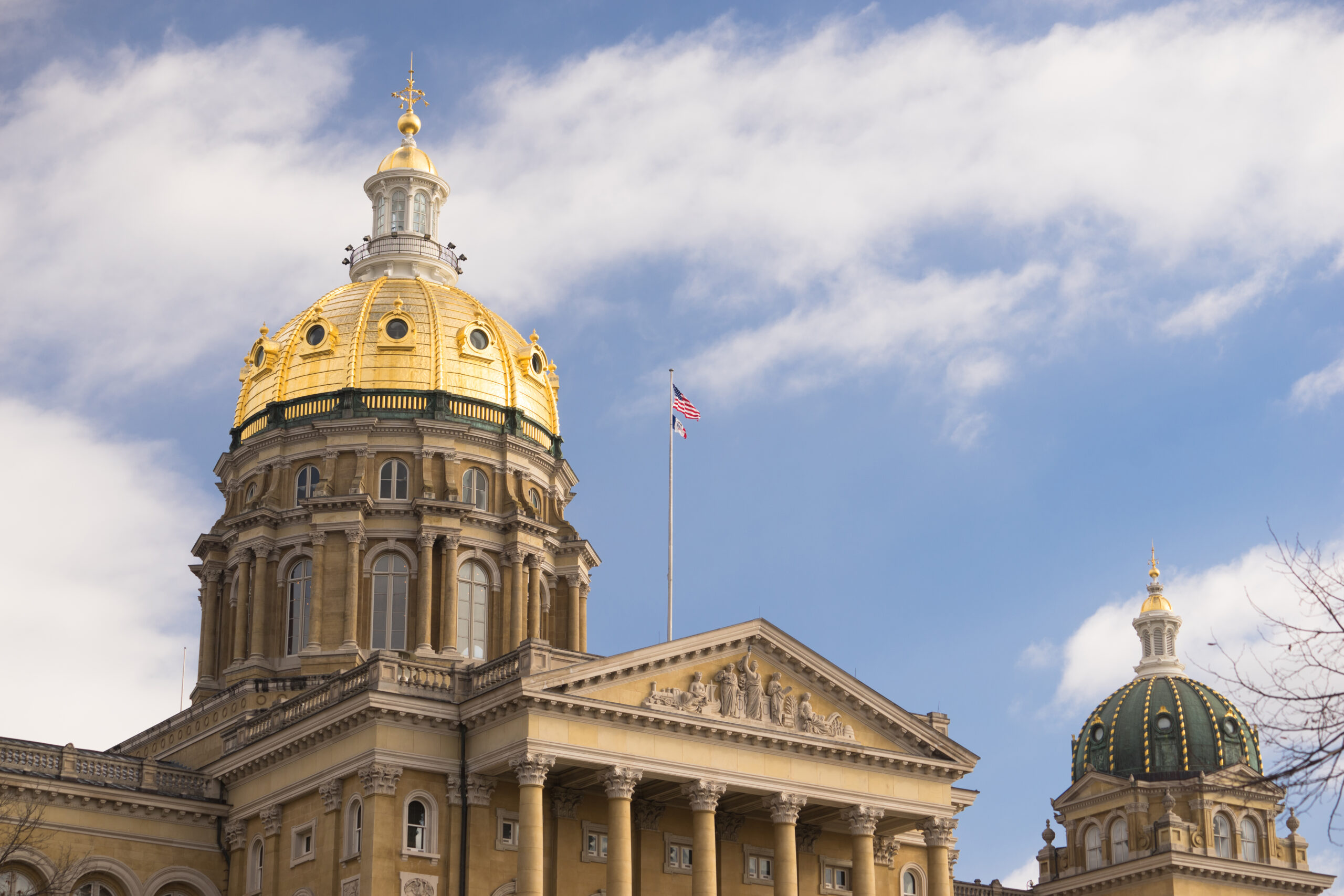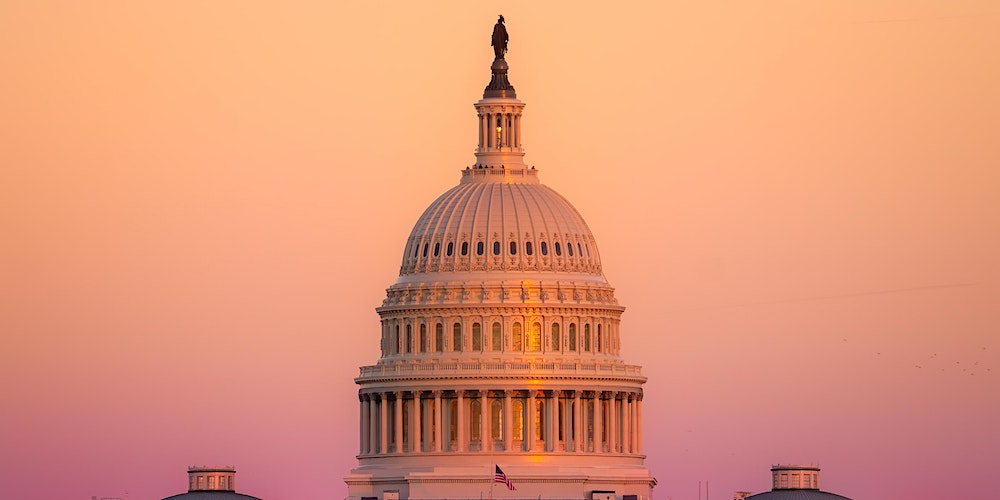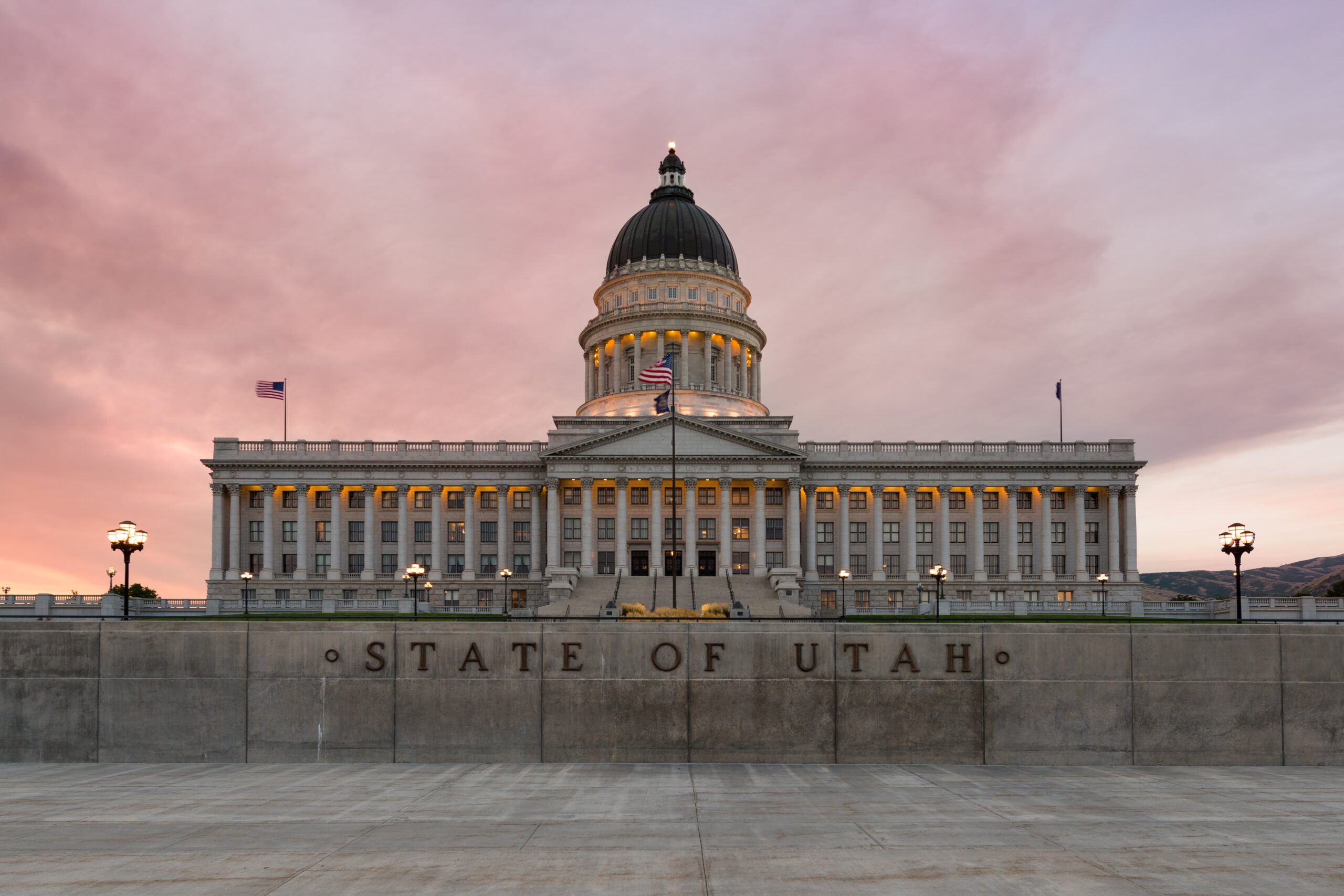Across the United States, evolving data collection and processing practices are driving digital services and socially beneficial research, but also pose increasing risks to individuals and communities that America’s existing sectoral privacy frameworks are insufficient to govern. In response, leaders in law and policy are considering more comprehensive approaches to privacy regulation, which establish baseline rights and protections for personal data throughout the economy. Years of negotiations in Congress culminated in the introduction of the bipartisan American Data Privacy and Protection Act in 2022; however, its fate remains uncertain. In the absence of federal legislation, five U.S. states—California, Virginia, Colorado, Utah, and Connecticut— enacted comprehensive consumer privacy laws between 2018-2022.
The Future of Privacy Forum provides expert, independent analysis of legislative and regulatory approaches to protecting data privacy interests. FPF does not typically support or oppose particular bills, but instead focuses on analyzing proposals in relation to existing privacy frameworks, sharing information on current data practices and technologies, and ensuring that data governance strategies are future-looking and adaptable.
FPF also engages with the broader privacy community through reports, blog posts, webinars, and educational programs such as the CPRA Law + Tech Series. It is our view that robust and durable policy outcomes can be achieved when all stakeholders are equipped to understand the key technologies, business practices, and legal mechanisms available to regulate privacy and data protection. FPF’s legislation work is led by Tatiana Rice, Senior Director.
Featured
A New Paradigm for Consumer Health Data Privacy in Washington State
The Washington ‘My Health, My Data’ Act (MHMD or the Act) establishes a fundamentally new legal framework within U.S. law to regulate the collection, use, and transfer of consumer health data. Signed into law by Governor Inslee on April 27, MHMD was introduced by request of the Washington Attorney General in response to the Supreme […]
Tenn. Makes Nine? ‘Tennessee Information Protection Act’ Set to Become Newest Comprehensive State Privacy Law
On Friday April 21, Nashville lawmakers approved the Tennessee Information Protection Act (TIPA) following unanimous votes. Tennessee now joins Iowa, Indiana, and Montana as the four states in 2023 that have advanced baseline privacy legislation governing the collection, use, and transfer of consumer data. TIPA is closely modeled on the Virginia Consumer Data Protection Act […]
The ‘Montana Consumer Data Privacy Act’ Reminds us that Privacy is Bipartisan
On Friday, April 21st, the Montana State Legislature approved the ‘Montana Consumer Data Privacy Act’ (MCDPA) to be sent to the Governor’s desk. If enacted by Governor Gianforte, Montana would join the 6 states that have adopted comprehensive privacy frameworks. Notably, at almost every stage of the legislative process, the MCDPA received unanimous bipartisan support […]
Whither Indiana? Somewhere in the Middle for Consumer Privacy Protection
On April 13, 2023, Indiana Senate Bill 5 unanimously cleared the state legislature. If enacted by Governor Holcomb, Indiana will become the seventh state to enact a baseline consumer privacy law. To help stakeholders assess where Indiana fits into the expanding U.S. state privacy landscape, the Future of Privacy Forum has released a chart comparing […]
FPF Files Comments to Inform New California Privacy Rulemaking Process
On Monday March 27, the Future of Privacy Forum (FPF) filed comments with the California Privacy Protection Agency to inform the Agency’s forthcoming rulemaking to implement the California Privacy Rights Act amendments to the California Consumer Privacy Act’s provisions on cybersecurity audits, risk assessments, and automated decisionmaking. FPF’s comments are directed towards ensuring that individuals […]
Iowa Senate Advances Comparatively Weak Consumer Privacy Bill
By Keir Lamont & Mercedes Subhani Update: On March 28, Governor Kim Reynolds signed SF 262 into law, making Iowa the 6th state to enact a baseline consumer privacy framework. Lawmakers in Iowa are considering the adoption of a new consumer privacy framework that would fall far short of comparable state privacy laws in terms of […]
FPF Files Comments with the National Telecommunications and Information Administration (NTIA) on Privacy, Equity, and Civil Rights
On March 6, the Future of Privacy Forum filed comments with the National Telecommunications and Information Administration (NTIA) in response to their request for comment on privacy, equity, and civil rights. NTIA’s “Listening Sessions on Privacy, Equity, and Civil Rights,” drew attention to the well-documented and ongoing history of data-driven discrimination in the digital economy. […]
Race Equity, Surveillance in the Post-Roe Era, and Data Protection Frameworks in the Global South are Major Topics During This Year’s Privacy Papers for Policymakers Event
Author: Randy Cantz, U.S. Policy Intern, Ethics and Data in Research and former Communications Intern at FPF The Future of Privacy Forum (FPF) hosted a Capitol Hill event honoring 2022’s must-read privacy scholarship at the 13th annual Privacy Papers for Policymakers Awards ceremony. This year’s event featured an opening keynote by FTC Commissioner Alvaro Bedoya […]
Utah Considers Proposals to Require Web Services to Verify Users’ Ages, Obtain Parental Consent to Process Teens’ Data
Update: On March 23, Governor Spencer Cox signed SB 152 and HB 311. While amendments were made to both bills, the concerns raised in FPF’s analysis remain. SB 152 leaves critical provisions, such as methods to verify age or obtain parental consent, to be established in further rulemaking, but questions remain regarding whether these can […]
FPF Statement on President Biden’s 2023 State of the Union Address
“Data protection and privacy are fundamental human rights. The benefits of modern technology in areas like mobility, health care, and education cannot be fully realized until a clear, comprehensive federal privacy law is enacted. Americans will benefit from a standard that provides individuals with needed protections and organizations with certainty and guidance. While privacy is […]


